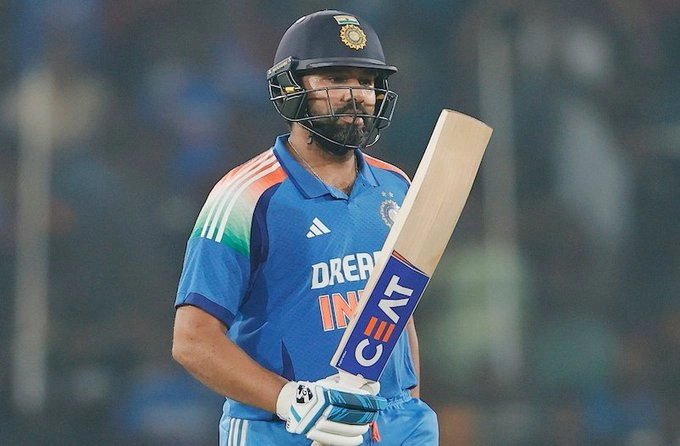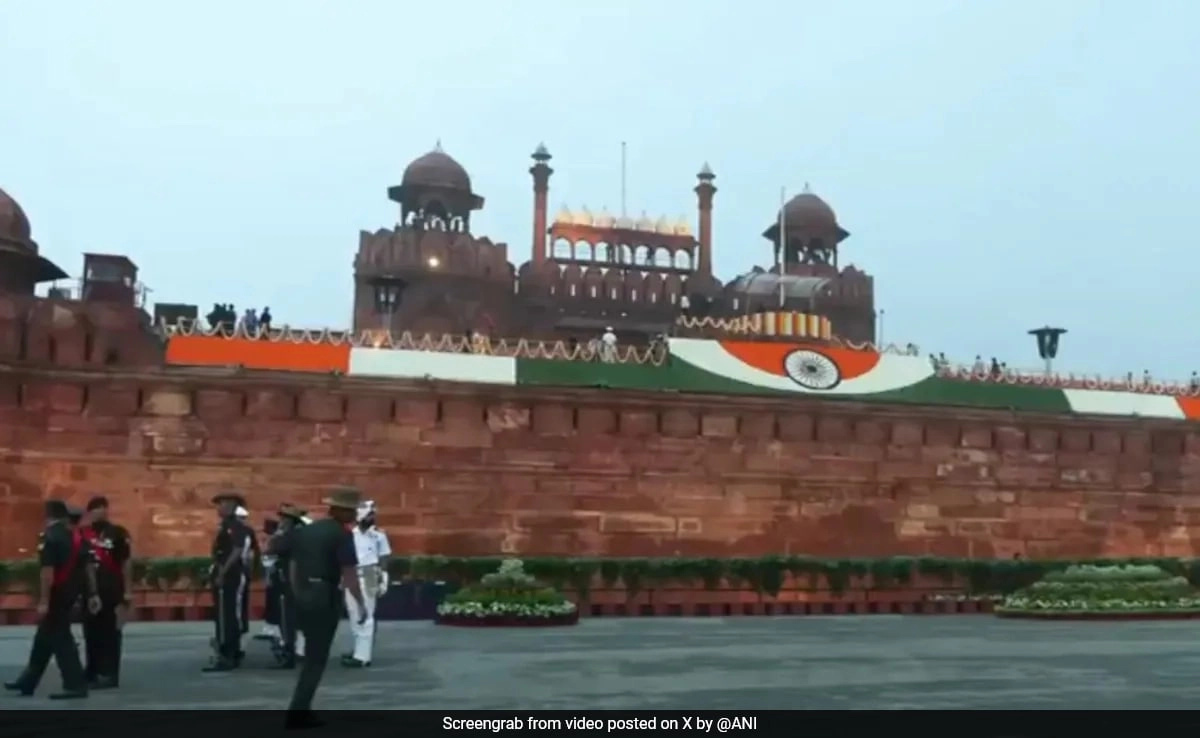A recent report has stirred discussions in the cricketing world, suggesting that Rohit Sharma’s role as captain could have significantly impacted the team’s culture. The assertion highlights concerns regarding team dynamics and cohesion under his leadership. According to sources close to the team, Rohit’s captaincy style, which is characterized by a blend of aggression and calmness, may not have resonated well with all players, potentially leading to friction within the squad.
The report indicates that while Rohit is undeniably a talented batsman and has achieved considerable success as a player, his approach to leadership might have unintentionally disturbed the established norms and values of the team. Team culture is a delicate balance that requires harmony and mutual respect among players, and any deviation from this can lead to a breakdown in communication and trust. As captain, Rohit is tasked with unifying diverse personalities and skill sets, and if his leadership style was perceived as divisive, it could have serious ramifications for team performance.
Moreover, the implication that Rohit’s captaincy could disturb the team’s culture raises questions about the selection of leadership in cricket. A captain’s influence extends beyond just tactical decisions on the field; it encompasses the emotional and psychological well-being of the team. The report suggests that the management may need to reassess their leadership choices, considering the long-term implications on team dynamics and performance. If a captain cannot foster a positive environment, it might hinder the team’s ability to function effectively, especially in high-pressure situations.
In the competitive landscape of international cricket, maintaining a robust team culture is crucial for success. The dynamics of leadership are complex, and the report’s claims serve as a reminder that the qualities of a captain are just as important as their skills as a player. As discussions continue to unfold, stakeholders in the cricketing community will be keenly observing how this situation develops and what it means for Rohit Sharma’s future as captain. The interplay between leadership and team culture remains a pivotal aspect of any sports team, and addressing these concerns will be essential for achieving sustained success on the international stage.




